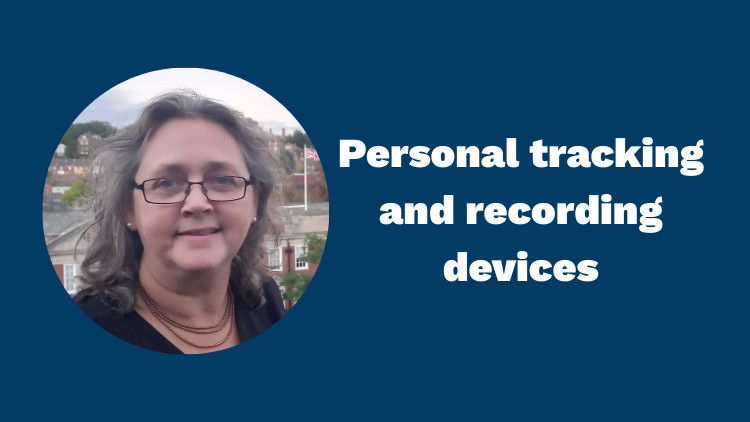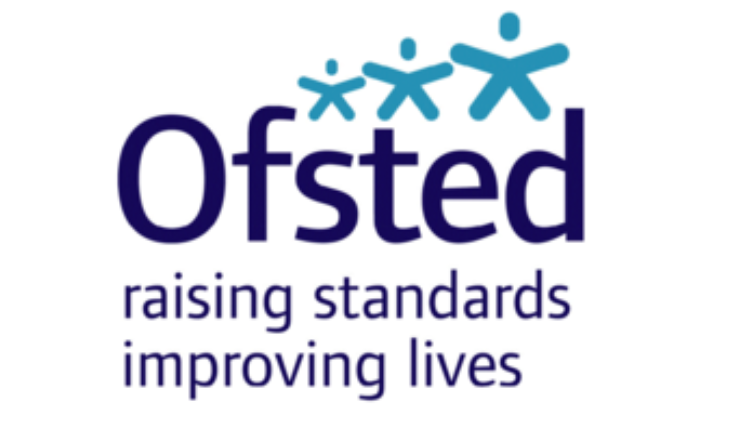Technology plays an increasingly important role in families and children’s life. It is becoming quite common for parents to use technology such as location trackers to keep their children safe. These devices take many forms including smartwatches, GPS tags, mobile apps and tracking devices, all of which allow parents to know their child’s whereabouts at any time.
Some devices are very small and there have been a number of incidents where early years professionals have found hidden, undisclosed tracking and recording devices hidden on children at their setting. But what are the concerns and what should you do about them?
Concerns about tracker devices
There are wide range of products available on the market, ranging from just £4 to £5 to over £100.
Some devices have been found to have critical security flaws. This means that the way that some of these devices work can be vulnerable to being hacked, potentially exposing your children’s location to unauthorised individuals. This presents a significant safeguarding concern, not only for the child, but also for all at the setting. Internet connected devices of all kinds can send and receive data and are often controlled remotely via a phone or similar and present similar risks.
Some of these devices emit electromagnetic fields (EMFs), which have the potential to cause some health risks, although there is insufficient research into the use of these devices. Further information about the risks of exposure to EMFs can be found here:; Electric and magnetic fields: health effects of exposure – GOV.UK. The World Health Organisation suggests that parents should avoid exposing their babies under 12 months to electronic devices and should not place them directly on the child’s body. For older children, parents should select devices with low EMF transmissions.
Some devices present privacy concerns for example they may be able to record and transmit video and/or audio. In a setting this could include pictures and conversations of both the adults and the other children. Not only is this a safeguarding risk but can also result in confidential information about other children or adult being shared outside of the setting – resulting in a data breach, which is a serious concern.
Often these devices are, by their very nature, small and may contain button batteries, which are a known safety hazard for young children. Some devices may also be small enough to present a choke hazard themselves.
It is also worth noting that GPS trackers are primarily regulated by the Data Protection Act (2018) and the General Data Protection Regulations, which means that any data collected via the device must be handled in accordance with these laws. This means that the use of the GPS devices should be transparent and must not infringe on the privacy of others.
Finally, if parents are choosing to use such devices in a covert manner, it can be perceived as a lack of trust which can be damaging for those crucial relationships with parents and carers.
How should you deal with this situation if it happens to you and what can you to prevent this happening?
If you do discover a device, in the first instance you should remove it from the child, if possible turn it off and store in safely in a location where any audio or video recording cannot capture confidential information.
Rather than being confrontational and accusing parents of breaking the rules or creating a safeguarding risk, it is always best to talk to the parents in a calm and sensitive manner, explaining why such devices are inappropriate at the setting. Often you will find that the parents are extremely anxious about leaving their child with you and that their actions have been informed by this anxiety. It is also worth considering if the child has picked the device up themselves, rather than starting by accusing parents.
If the parent has placed the device to alleviate their concerns, then working with the parent to understand their anxieties, considering ways to support and alleviate their worries will help the parent to feel reassured and less anxious. You can also reinforce the importance of not sending their child in with hidden devices
It may well also be worth reviewing your policies on the use of technology in the setting and working with parent, to review if the addition of a clause about such devices would be beneficial.
Resources
- Baby beware: critical security flaws found in smart baby monitors | Euroconsumers.
- Don’t expose babies to electronic screens, says WHO – DW – 04/24/2019
- Internet connected devices | NSPCC



